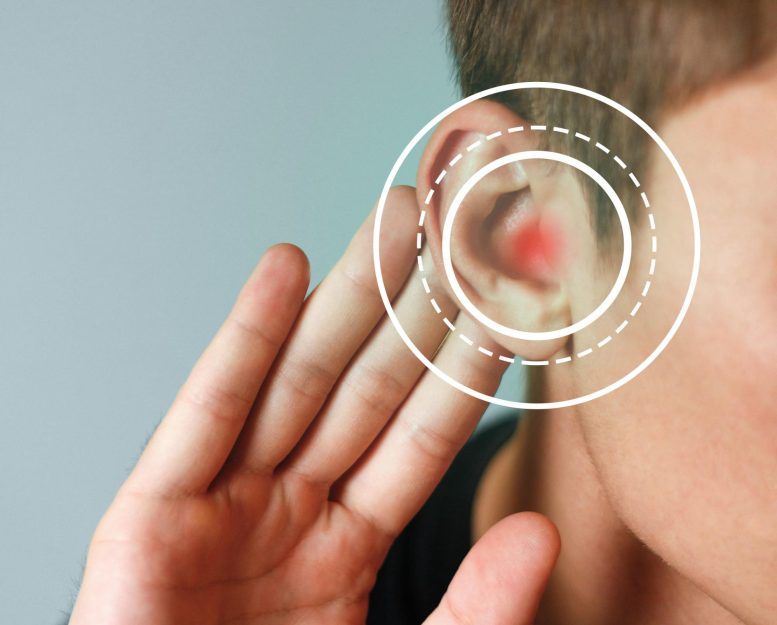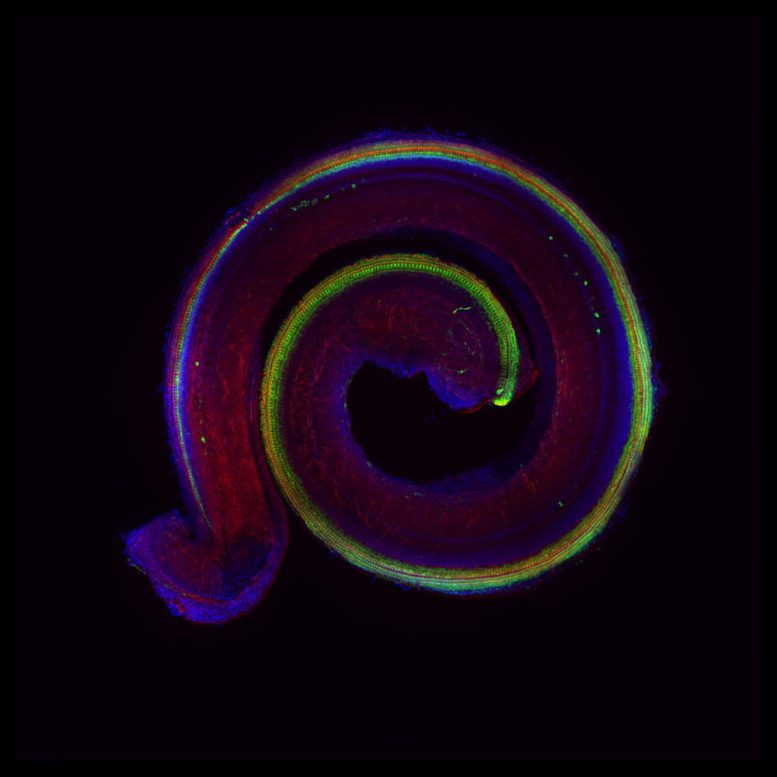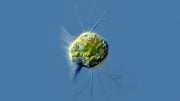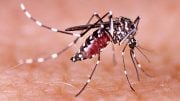
Researchers have identified a signaling pathway, known as the mTORC2-signaling pathway, that may play a pivotal role in age-related hearing loss. When this pathway was deactivated in mice, they began losing their hearing, and by twelve weeks, they were entirely deaf. The study suggests that as the production of vital proteins in this signaling pathway decreases with age, it may lead to a reduction in synapses and the functionality of auditory sensory cells, causing hearing loss. If validated, this discovery could provide a foundation for future therapeutic interventions.
As we age, many individuals find themselves needing hearing aids. In some cases, the reason for this may be a signaling pathway that controls auditory sensory cell function and is downregulated with age. Researchers at the University of Basel are uncovering clues.
Almost everyone experiences hearing loss at some point in their lives: Loud noises or simple aging gradually cause the auditory sensory cells and their synapses in the inner ear to degenerate and die off. The only treatment option is a hearing aid or, in extreme cases, a cochlear implant.
“In order to develop new therapies, we need to better understand what the auditory sensory cells need for proper function,” explains Dr. Maurizio Cortada from the Department of Biomedicine at the University of Basel and University Hospital Basel.

Fluorescence microscopic image of a murine cochlea: the hair cells are marked in green, the cell skeleton in red, and the cell nuclei with genetic material in blue. Credit: Maurizio Cortada, University of Basel, Department of Biomedicine
In collaboration with Professor Michael N. Hall’s research group at the Biozentrum, Cortada investigated which signaling pathways influence the so-called sensory “hair cells” in the inner ear. In the process, the researchers discovered a central regulator, as they report in the journal iScience.
This signaling pathway, known by researchers as the mTORC2-signaling pathway, plays an important role, among other things, in cell growth and the cytoskeleton. The role it plays for the hair cells in the inner ear has not previously been studied.
When the researchers removed a central gene of this signaling pathway in the hair cells of the inner ear of mice, the animals gradually lost their hearing. By the age of twelve weeks, they were completely deaf, the authors report in the study.
Fewer synapses
Closer examination indicated that the sensory hair cells in the inner ear lost their sensors without the mTORC2 signaling pathway: hair cells have protuberances similar to tiny hairs that are important for transducing sound into nerve signals. These “tiny hairs” were shortened, as the researchers determined with the use of electron microscopes. The number of synapses that transmit the signals to the auditory nerve was also reduced.
“From other studies, we know that the production of key proteins in this signaling pathway decreases with age,” Cortada explains. There may be a connection between the loss of synapses and the reduced function of the auditory sensory cells in the inner ear that leads to hearing loss with increasing age.
“If this is confirmed, it would be a possible starting point for future therapies,” says the researcher. The middle and inner ear, for example, would be readily accessible for locally administered medications or gene therapies. The results could pave the way for the development of such treatment options.
Reference: “mTORC2 regulates auditory hair cell structure and function” by Maurizio Cortada, Soledad Levano, Michael N. Hall and Daniel Bodmer, 18 August 2023, iScience.
DOI: 10.1016/j.isci.2023.107687









I think it would be helpful to make a summary of everything that has been proven and approved as therapy, not only what could become an approved therapy.
We, who are affected by profound hearing loss, are anxious for healing rather than using “band aids” such as hearing aids.
Looking forward to the solution the outcome do profound sensorineural hearing loss be treated or recovered? Need help